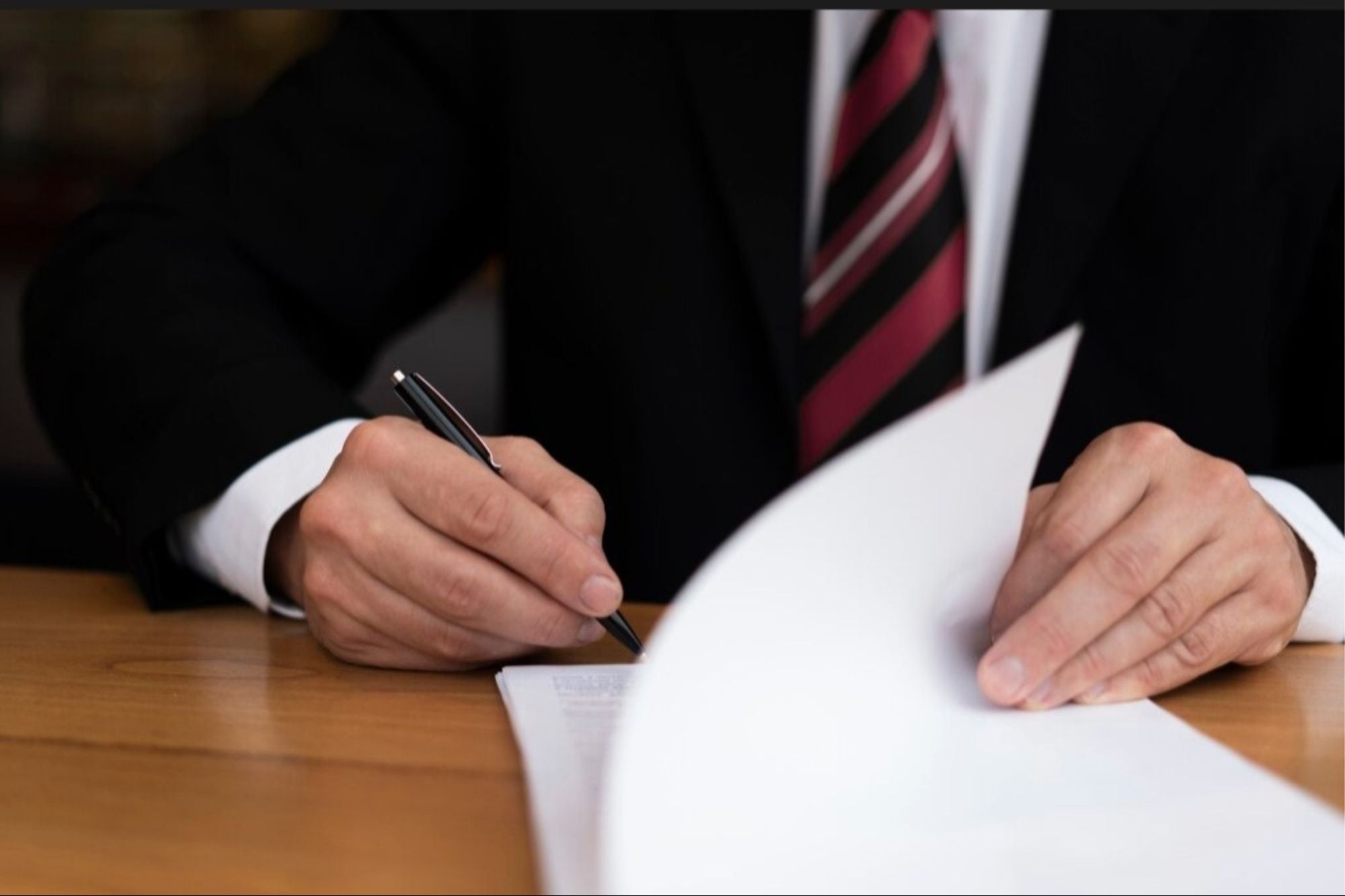Tesla Faces USD 329 Million Jury Verdict Over Fatal Autopilot Crash The verdict follows the death of 22-year-old Naibel Benavides Leon and the serious injury of her boyfriend
You're reading BIZ Experiences India, an international franchise of BIZ Experiences Media.

In a landmark ruling, a Miami federal jury has ordered Tesla to pay USD 329 million in damages over a fatal 2019 crash involving its Autopilot system, a decision that could reshape the legal landscape for autonomous vehicle technology and trigger a wave of similar lawsuits against the EV giant.
The verdict follows the death of 22-year-old Naibel Benavides Leon and the serious injury of her boyfriend, Dillon Angulo, who were struck by a Tesla Model 3 while stargasing on the side of a dark road in Key Largo, Florida. Although the driver admitted he was distracted by his phone at the time, the jury ruled that Tesla's Autopilot system also malfunctioned and contributed to the crash — holding the company partially liable.
"This verdict is a turning point," said Miguel Custodio, a Los Angeles-based attorney specialising in automobile injury cases. "It sends a clear message that tech companies can't deflect blame entirely onto human drivers when their systems fail."
The case marked a rare courtroom defeat for Tesla, which has typically avoided trials by settling similar cases behind closed doors or securing early dismissals. The Miami trial, however, broke that pattern bringing internal company practices and evidence handling into public scrutiny.
According to court documents, attorneys representing the victims accused Tesla of concealing or mishandling critical crash data, including video footage and internal system logs recorded seconds before impact. Tesla initially claimed such data was unavailable, but a forensic expert hired by the plaintiffs was able to retrieve the missing files contradicting Tesla's statements. The company later claimed the discrepancy was due to an honest oversight.
The verdict comes at a particularly sensitive moment for Tesla and CEO Elon Musk, as the company gears up to roll out its long-promised driverless taxi fleet in select cities. The legal setback casts a fresh spotlight on Tesla's branding of its semi-autonomous system as "Autopilot", a term critics argue may mislead drivers into overestimating the system's capabilities.
While Tesla has rolled out significant improvements to its driver-assistance software since the 2019 crash, the Miami ruling could set a powerful precedent. It opens the door for courts to hold the company's software accountable alongside driver negligence, a legal distinction that could have far-reaching implications as self-driving technology becomes more mainstream.
Consumer safety advocates and legal experts now expect more families and victims to step forward, potentially unleashing a tide of litigation over past accidents involving Autopilot. Simultaneously, the ruling may intensify pressure on federal regulators to more aggressively monitor and regulate advanced driver-assist technologies.












